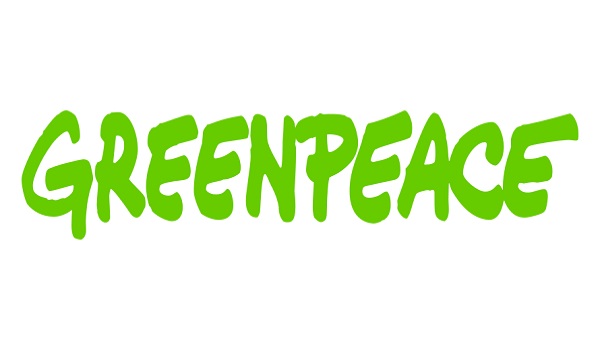
Greenpeace has announced that eight of its European offices, including Luxembourg, are taking legal action to challenge the inclusion of fossil gas and nuclear energy in the European Union's (EU) list of sustainable investments, i.e. the "EU taxonomy".
The European Commission decided to label nuclear energy and natural gas as sustainable in January 2022. During a vote in July 2022, the European Parliament approved the decision, despite opposition from EU citizens, climate scientists, financial institutions and environmental organisations.
On 8 September 2022, Greenpeace Germany, France, Spain, Italy, Belgium, Luxembourg, Central and Eastern Europe and the Greenpeace European Unit sent a formal request for internal review to the Commission. Greenpeace has argued that the inclusion of gas and nuclear in the taxonomy violates the taxonomy regulation, the European Climate Law and the EU's obligations under the 2015 Paris Agreement.
The Commission has until February 2023 to review Greenpeace's arguments and to reply. Should the Commission disagree with Greenpeace's arguments and refuse to withdraw the complementary delegated act which added gas and nuclear to the taxonomy, Greenpeace will take the case to the European Court of Justice (ECJ).
"This fake green label is incompatible with EU environment and climate laws", said Greenpeace Luxembourg Nuclear Campaigner Roger Spautz. "Gas is a leading cause of climate and economic chaos, while there is still no solution to the problem of radioactive waste and the risk of nuclear accidents is far too significant to ignore. The European Commission got its hands dirty with labelling gas and nuclear green".
Greenpeace welcomed the fact that Luxembourg's six Members of the European Parliament (MEPs) voted against the delegated act in the Parliament in July and that the Austrian and Luxembourgish governments announced their plans to take the Commission to court over the inclusion of nuclear and gas in the EU Taxonomy. Since EU governments do not have to do a Request for Internal Review, both governments can go directly to the ECJ before the end of October 2022, recalled Greenpeace.
Greenpeace argued that an accelerated energy transition based on renewable energy and energy savings was the way to solve the climate and energy crisis and that the EU Taxonomy should be channelling sustainable funds to these only instead of "proposing false solutions and perpetuating greenwashing".








